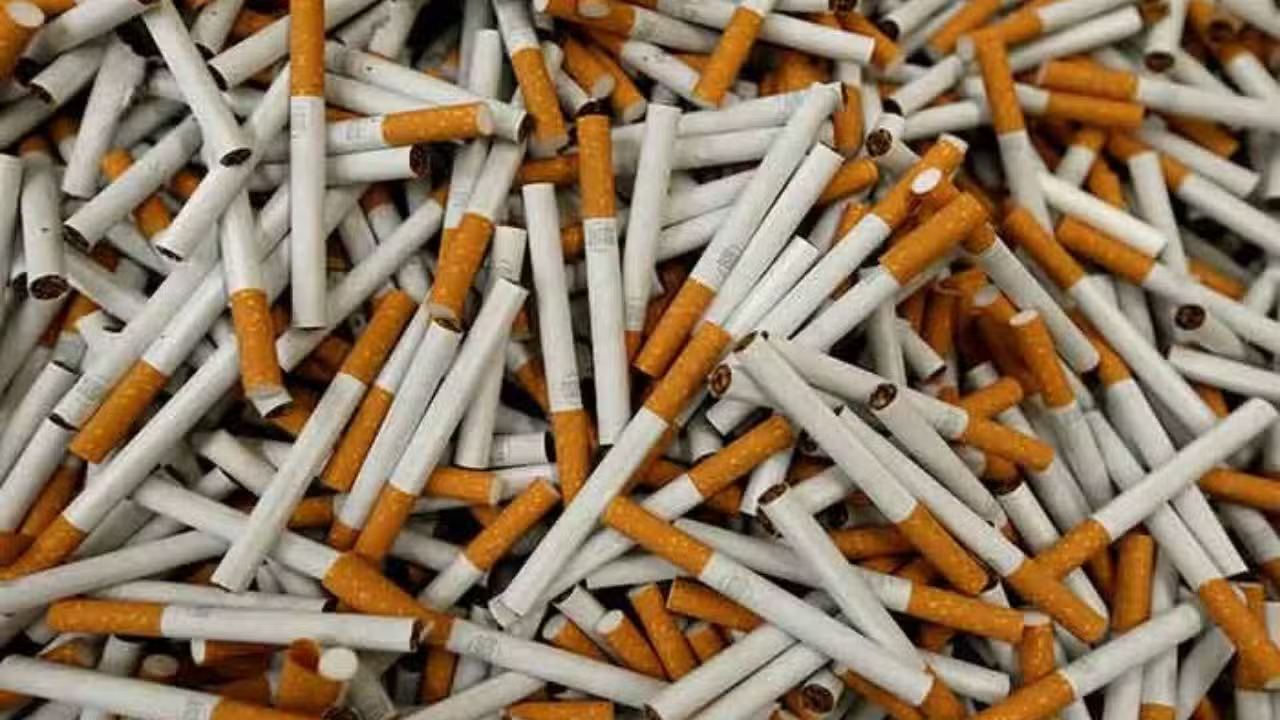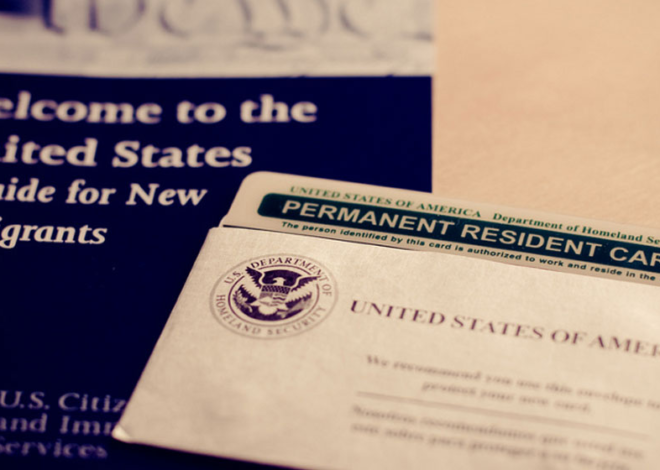
FBR Destroys Illicit Cigarettes Big Worth Rs. 180 Million in Jhelum
In a significant operation against the illicit tobacco trade, the Federal Board of Revenue (FBR) has destroyed counterfeit and non-duty paid cigarettes worth approximately Rs. 180 million in Jhelum. This action underscores the FBR’s commitment to curbing the illegal cigarette market, which has been a growing concern in Pakistan.
The Operation
The destruction took place at Chak Barahm, Jhelum, under the auspices of the Regional Tax Office (RTO) Rawalpindi. Approximately 2,700 packets of illicit cigarettes were incinerated, with an estimated market value of Rs. 180 million. The evaded duties on these products amounted to around Rs. 147.15 million. The ceremony was attended by key officials, including Ms. Tehmina Aamer, Chief Commissioner of RTO Rawalpindi, and Mr. Walayat Khan, Commissioner of the Jhelum Zone. The officials participated in the destruction process, emphasizing the government’s zero-tolerance policy towards illicit tobacco products.
Scale of the Illicit Tobacco Market
The operation in Jhelum is part of the FBR’s broader efforts to combat the widespread issue of illicit tobacco trade in Pakistan. A report by the Institute for Public Opinion Research (IPOR) revealed that approximately 54% of cigarette brands sold in the country are illicit, leading to an annual loss of around Rs. 300 billion in taxes and duties. The study highlighted that many of these products lack proper tax stamps and graphic health warnings, making them easily accessible and often sold at prices significantly below the legal minimum.
Enforcement Measures
In response to the growing threat posed by illicit tobacco, the FBR has intensified its enforcement efforts. Earlier this year, the FBR seized 1,235 packets of counterfeit and non-stamped cigarettes worth approximately Rs. 96 million during a nationwide crackdown. This operation involved over 200 enforcement teams visiting thousands of retail outlets, resulting in the sealing of 33 shops engaged in illegal tobacco trade.
Despite these efforts, experts argue that enforcement alone may not suffice to eliminate the illicit tobacco market. A comprehensive approach, including policy reforms, public awareness campaigns, and international cooperation, is essential to address the root causes of the problem. Some experts advocate for a tiered tax structure that differentiates between premium and low-price cigarette segments, making legal products more competitive with illicit ones.
Public Health Implications
The proliferation of illicit cigarettes poses significant public health risks. These products often bypass health regulations and quality controls, leading to potential health hazards for consumers. Additionally, the availability of cheaper, unregulated tobacco products undermines public health initiatives aimed at reducing smoking rates and discourages individuals from quitting.
Future Outlook
The FBR’s recent actions in Jhelum represent a concerted effort to combat the illicit tobacco trade. However, sustained success will require continued vigilance, enhanced enforcement capabilities, and a collaborative approach involving various stakeholders. By addressing both the supply and demand sides of the illicit tobacco market, Pakistan can work towards reducing the prevalence of illegal tobacco products and mitigating their associated harms.
As the FBR continues its operations, it remains committed to ensuring that the tobacco market operates within the bounds of the law, safeguarding both public health and the nation’s revenue.







